Australia’s political elite seem to have a knack for clawing their way into prestigious international bureaucracies.
This time, it’s former Liberal Foreign Minister Julie Bishop, who has been named special envoy to Myanmar by the United Nations Secretary-General António Guterres. Ms Bishop already has a job as the Australian National University chancellor, which she will keep as she steps into the UN role.
Already a subscriber? Log in
Subscribe for just $2 a week
Try a month of The Spectator Australia absolutely free and without commitment. Not only that but – if you choose to continue – you’ll pay just $2 a week for your first year.
- Unlimited access to spectator.com.au and app
- The weekly edition on the Spectator Australia app
- Spectator podcasts and newsletters
- Full access to spectator.co.uk
Or

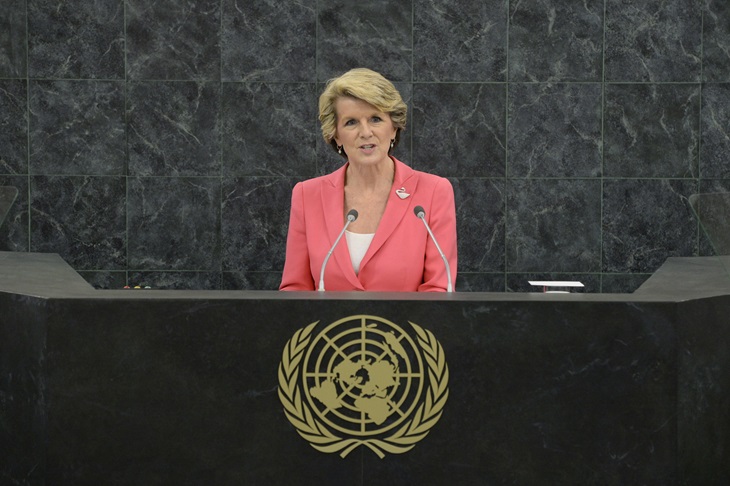
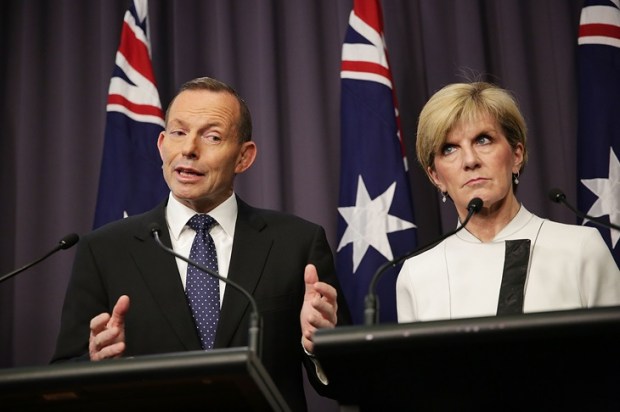
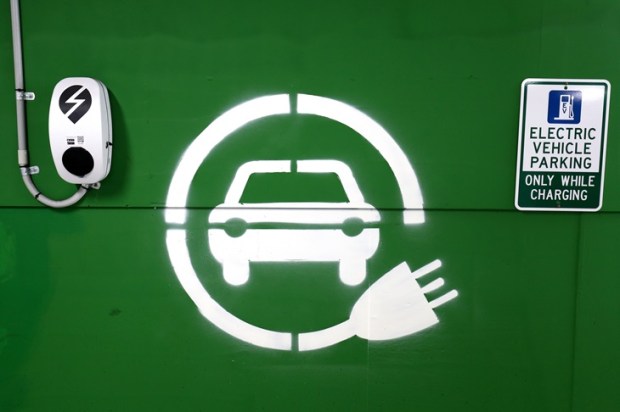
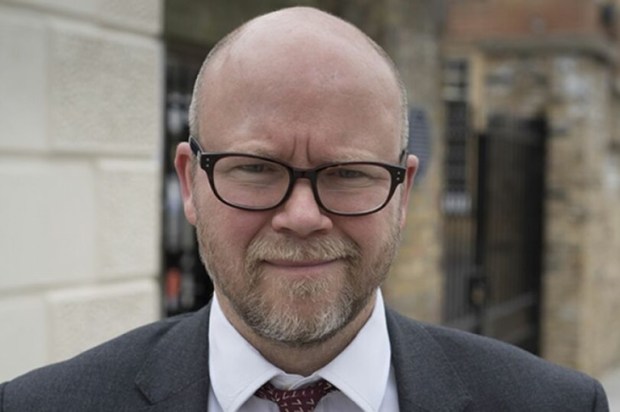
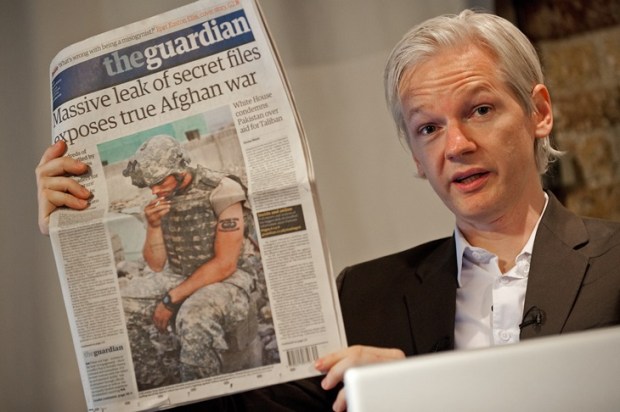
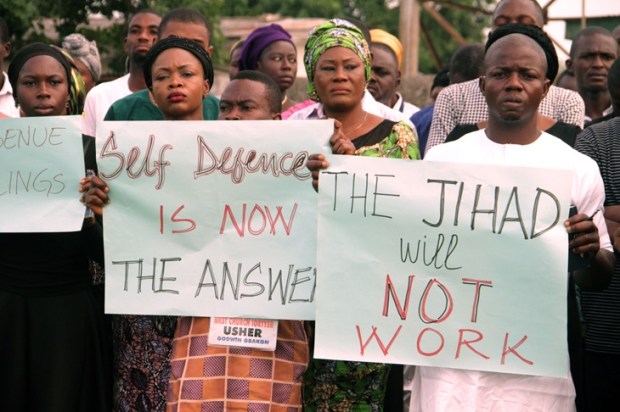
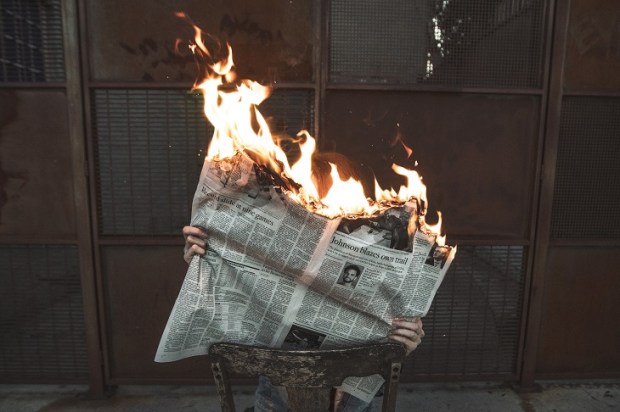


















Comments
Don't miss out
Join the conversation with other Spectator Australia readers. Subscribe to leave a comment.
SUBSCRIBEAlready a subscriber? Log in